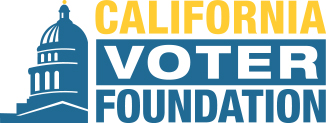Excerpt:
California loves to talk about itself in superlatives: The nation’s most populous state. The fifth-largest economy in the world. Producer of tech titans and Hollywood blockbusters and a whole lot of fruits and veggies.
But even as it basks in its outsize economic and cultural influence, something has been gnawing at the state’s psyche. When it comes to presidential politics, we’re more backbencher than behemoth.
The moving of California’s 2020 presidential primary to March 3 — nipping at the heels of the four traditional early nominating states of Iowa, New Hampshire, Nevada and South Carolina — is the latest bid to play with the calendar in hopes of gaining more electoral relevance. This will be the fifth time since 1992 the state has moved its presidential primary. It's bounced around: June, March, February and back again.
The perpetual tinkering underscores how California just can’t seem to shake its political inferiority complex.
“We have this impression that California is leading the nation,” said Fabian Nuñez, former Assembly speaker. “On the other hand, it's like — who? Where?”
The portrayal of California as insignificant will certainly elicit laughter and eye-rolls beyond our borders. But across the Golden State, politicians, academics and voters tend to react to our second-rate status in visceral terms.
“When I see those voters in Iowa and New Hampshire getting that access [to candidates], it makes me mad,” said Kim Alexander, president of California Voter Foundation, which champions election reforms. “They're not California voters and they don't necessarily believe in the same priorities that California voters do.” (full story)

